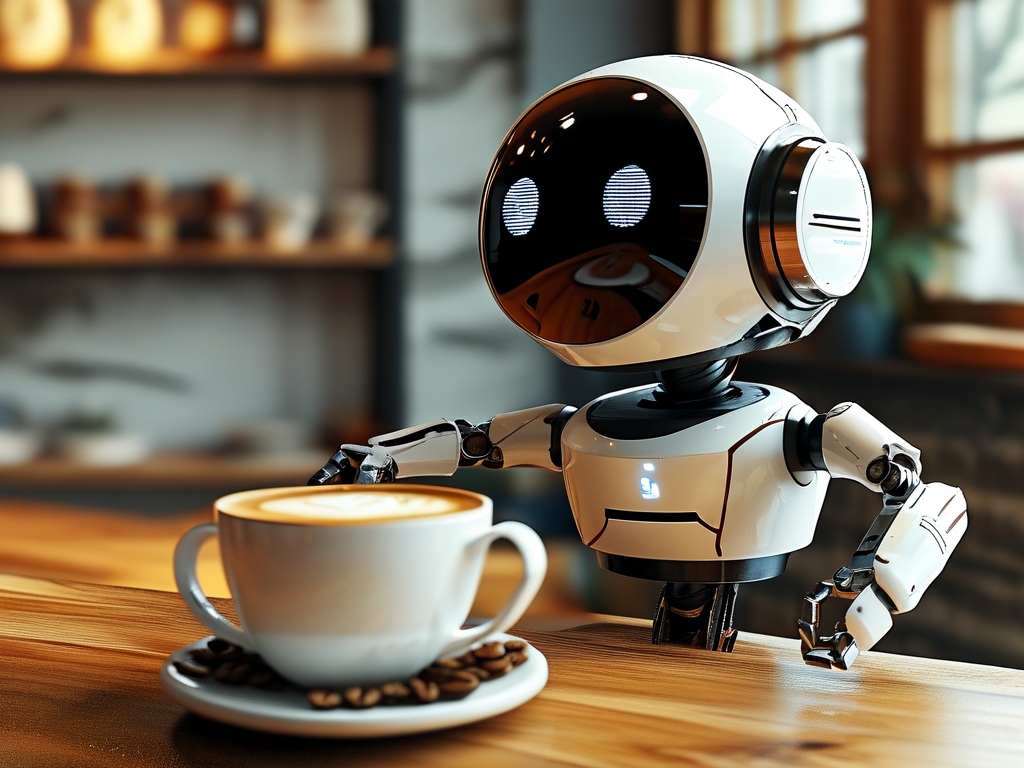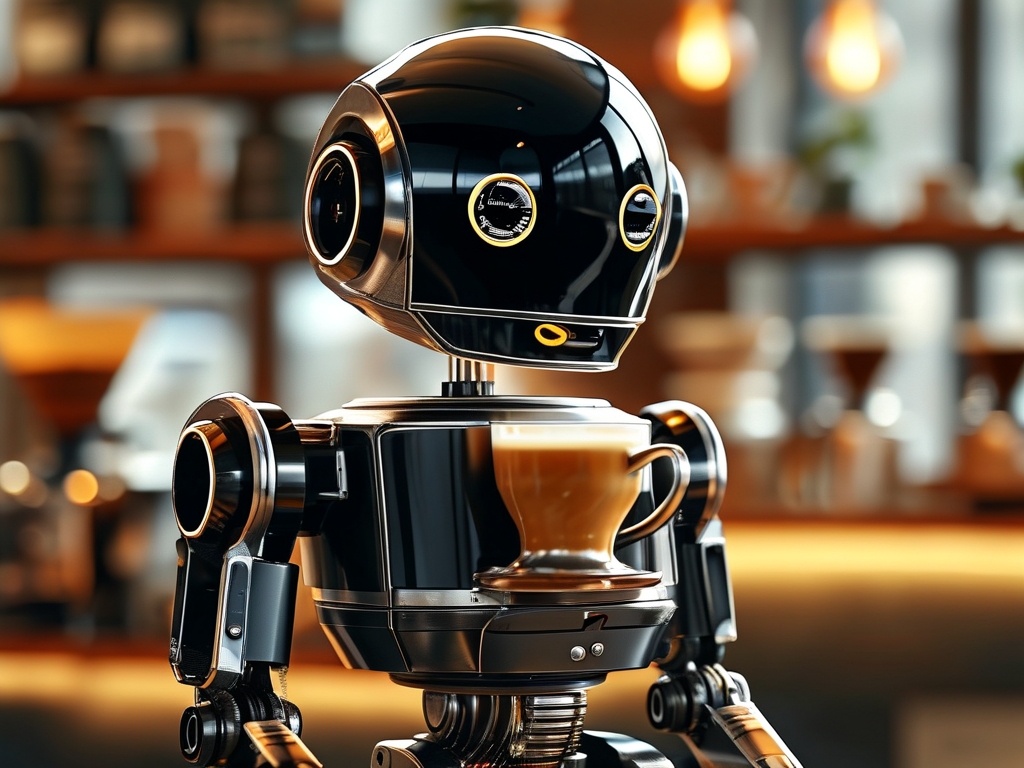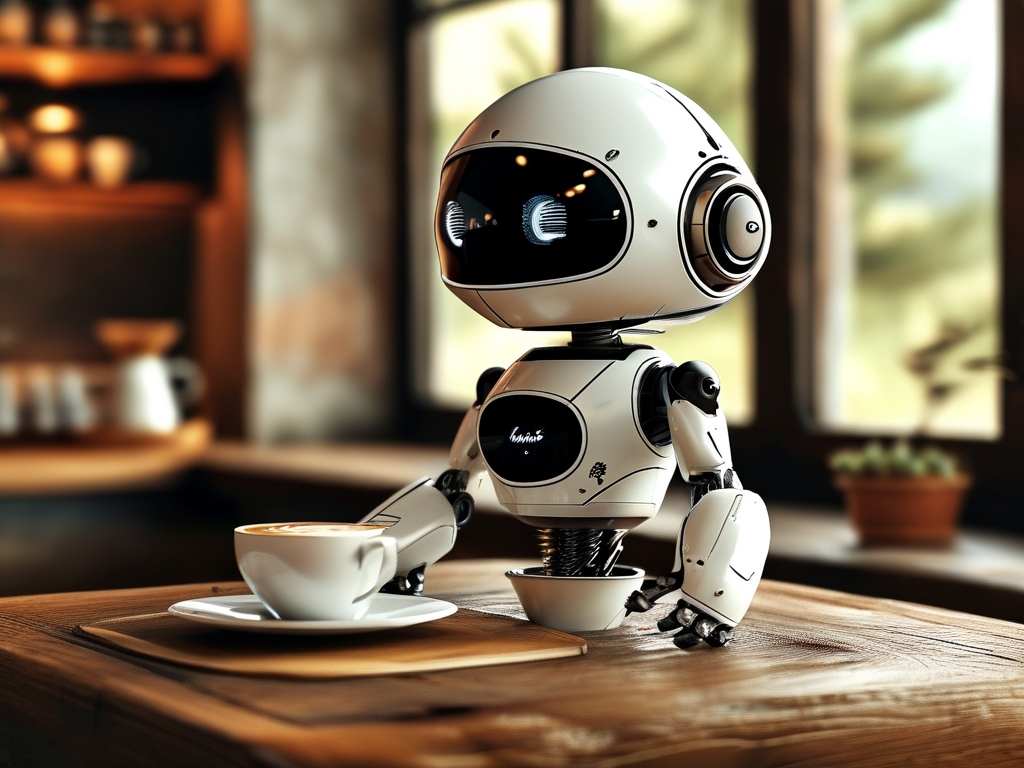In the heart of China’s Jilin Province, a quiet revolution is brewing—one that merges the age-old craft of coffee-making with cutting-edge robotics. Liaoyuan, a city historically known for its coal mining and textile industries, has emerged as an unlikely pioneer in the field of coffee robot technology. This innovation is not only reshaping local businesses but also positioning Liaoyuan as a global contender in the automation of food and beverage services.
The Birth of Liaoyuan’s Coffee Robotics
The story begins in 2018, when a team of engineers and coffee enthusiasts in Liaoyuan identified a gap in the market: while specialty coffee culture was booming globally, manual preparation limited scalability and consistency. Traditional barista training required time and resources, and human error often led to variability in quality. Inspired by Japan’s robot-driven restaurants and Germany’s industrial automation, the team set out to develop a robotic system capable of replicating—and even enhancing—the precision of human baristas.
By 2020, Liaoyuan’s first prototype, LiaoBrew-1, debuted at a regional tech expo. Equipped with AI-driven vision systems and multi-axis robotic arms, it could grind beans, tamp espresso, steam milk, and craft latte art with millimeter accuracy. The machine’s success sparked interest from investors, leading to the establishment of Liaoyuan Coffee Robotics Inc. (LCR) in 2021.

How Liaoyuan’s Coffee Robots Work
At the core of LCR’s technology is a synergy of hardware and software innovations:
- AI-Powered Recipe Customization: Using machine learning algorithms, the robots analyze customer preferences—such as bean origin, roast level, milk texture, and sweetness—to create personalized drinks. The system integrates with mobile apps, allowing users to save and share their "coffee profiles."
- Precision Mechanics: High-torque robotic arms mimic human wrist movements for tasks like pouring and latte art, while sensors monitor temperature, pressure, and extraction time to ensure consistency.
- Sustainability Features: The robots optimize water and energy usage, reducing waste by 30% compared to traditional espresso machines. Used coffee grounds are automatically collected for composting or biofuel production.
Transforming the Coffee Industry
Liaoyuan’s robots are already making waves across multiple sectors:

- Cafés and Restaurants: Small businesses in Liaoyuan have adopted LCR units to reduce labor costs and serve customers 24/7. The "robot barista" has also become a tourist attraction, drawing visitors eager to Instagram their algorithmically crafted cappuccinos.
- Corporate Offices: Tech giants in Beijing and Shanghai are installing these robots in employee lounges, offering barista-quality coffee without the need for staff.
- Global Expansion: LCR recently partnered with European coffee chains to deploy robots in high-traffic airports, addressing labor shortages and speeding up service.
Challenges and Ethical Considerations
Despite its success, the rise of coffee robotics has sparked debates. Traditional baristas argue that automation undermines the artistry of coffee-making, while labor unions warn of job displacement. LCR has responded by launching barista retraining programs and emphasizing that robots complement—rather than replace—human workers. “Our goal is to handle repetitive tasks so baristas can focus on creativity and customer interaction,” says CEO Zhang Wei.
The Future of Liaoyuan’s Technology
Looking ahead, LCR aims to expand beyond coffee. Prototypes for robotic tea brewers, cocktail mixers, and even automated noodle chefs are in development. The company is also exploring partnerships with smart home manufacturers to bring compact coffee robots into households by 2026.
Meanwhile, Liaoyuan’s local government has embraced the tech boom, investing in a “Robotics Innovation Hub” to nurture startups and attract global talent. This initiative has already drawn collaborations with universities in South Korea and Silicon Valley.
Liaoyuan’s journey from industrial city to robotics pioneer illustrates how innovation can revitalize regional economies. By blending tradition with automation, its coffee robots offer a template for the future of food service—one where efficiency and artistry coexist. As the world increasingly embraces AI-driven solutions, Liaoyuan’s story serves as a reminder that even the most routine rituals, like savoring a morning coffee, can be reimagined through technology.


